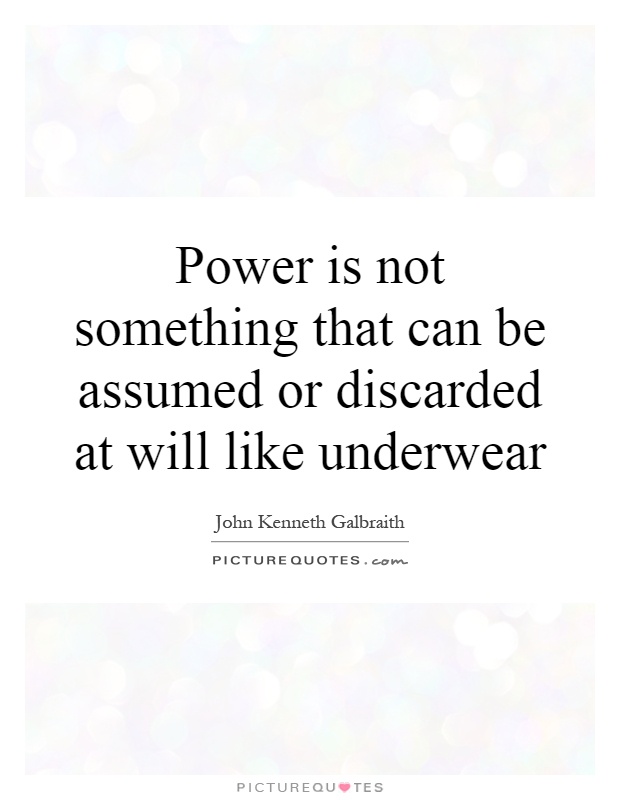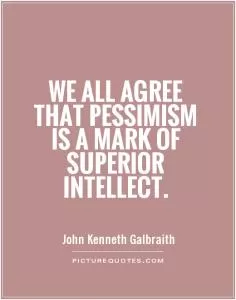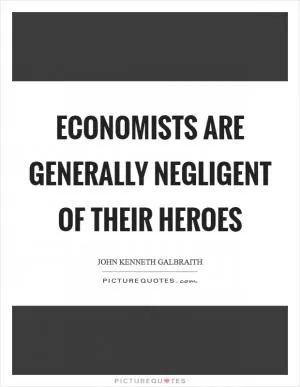Power is not something that can be assumed or discarded at will like underwear

Power is not something that can be assumed or discarded at will like underwear
John Kenneth Galbraith was a renowned economist and public intellectual who was known for his critical analysis of power dynamics in society. In his work, he often emphasized the importance of understanding how power operates and how it can be wielded or abused by those in positions of authority. One of his most famous quotes, "Power is not something that can be assumed or discarded at will like underwear," encapsulates his belief that power is not a trivial or easily disposable commodity, but rather a complex and enduring force that shapes relationships and structures within society.Galbraith's statement challenges the common misconception that power is a simple and easily manipulated tool that individuals can use at their discretion. Instead, he argues that power is a deeply ingrained and pervasive force that influences every aspect of human interaction and social organization. Like underwear, power is something that is worn and carried with us at all times, shaping our actions and decisions in ways that are often invisible or unconscious.
Furthermore, Galbraith's comparison of power to underwear suggests that power is not something that can be easily discarded or cast aside when it becomes inconvenient or uncomfortable. Just as we cannot simply remove our underwear whenever we please, individuals in positions of power cannot simply relinquish their authority or influence without facing consequences or repercussions. Power, once acquired, becomes a part of who we are and how we navigate the world, shaping our identities and relationships in profound ways.
Galbraith's insight into the nature of power is particularly relevant in today's world, where issues of inequality, corruption, and abuse of power are increasingly prevalent. By recognizing the enduring and pervasive nature of power, we can better understand the complexities of social and political systems, and work towards creating a more just and equitable society for all. Ultimately, Galbraith's words serve as a powerful reminder that power is not a trivial or disposable commodity, but a fundamental force that shapes our lives and our world in profound ways.












 Friendship Quotes
Friendship Quotes Love Quotes
Love Quotes Life Quotes
Life Quotes Funny Quotes
Funny Quotes Motivational Quotes
Motivational Quotes Inspirational Quotes
Inspirational Quotes